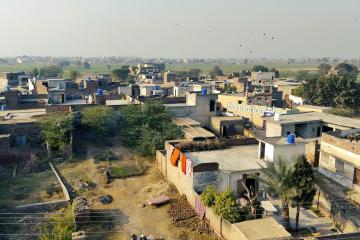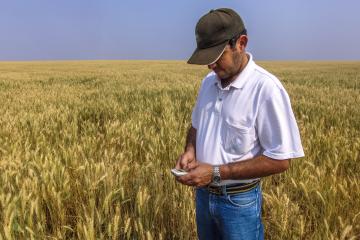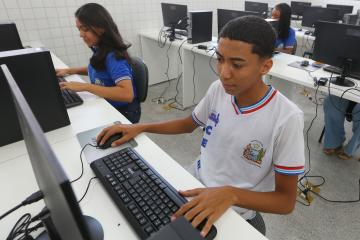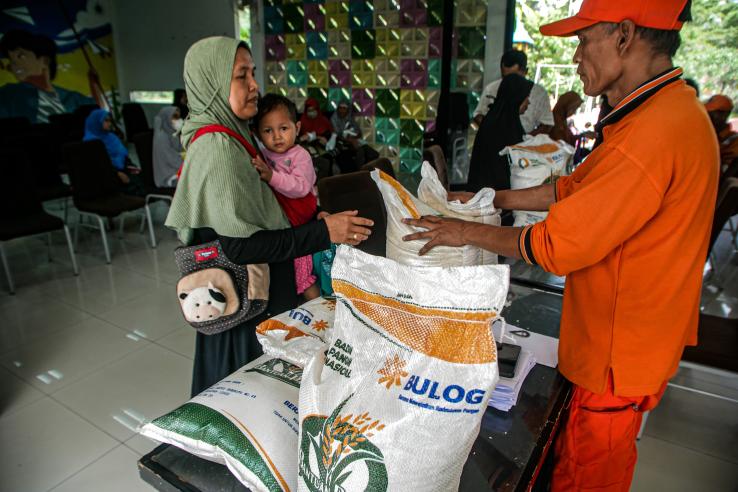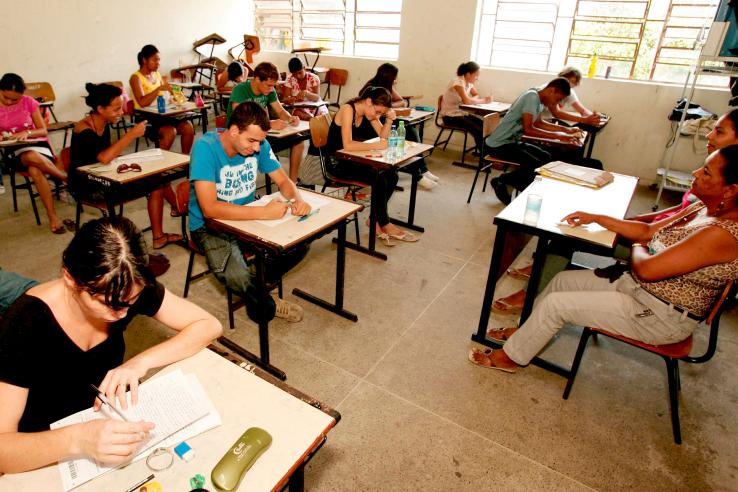Displaying 7156 - 7170 of 8328
The Evidence Effect
Governments can adopt high- and low-tech approaches to raise resources through improved taxation.
The Evidence Effect
Phone-based monitoring is a cheap, accessible way to ensure government service providers are doing their jobs well.
The Evidence Effect
An AI-powered editing tool gave students personalized feedback and helped teachers spend more of their time one-on-one with students.
The Evidence Effect
Customizing information and offering mediation helped Mexico’s labor courts deliver faster, fairer resolutions for workers and led to a major national reform.
The Evidence Effect
How India used cap-and-trade to reduce pollution and improve health.
Update
J-PAL Updates
In the June edition of the newsletter, we spotlight the launch of The Evidence Effect, a new campaign showcasing how research drives impact across sectors. This edition also celebrates five years of J-PAL MENA, highlights new evidence from Uganda on how fostering curiosity and discovery in...
Blog
The work of government is challenging in high- and low-income countries alike. Today, new problems compound to make the work of government even harder: Governments must tackle poverty and address climate change while many are in the midst of debt and fiscal crises that were compounded by Covid.
Person
Shree Krishna A B is a Research Associate at J-PAL South Asia. He supports the Aging and Elderly portfolio in Tamil Nadu, a collaboration with the Government of Tamil Nadu focused on data-driven policy design for an aging population.
The Evidence Effect
Stronger connections between farmers and buyers enable farmers to invest and earn more.
The Evidence Effect
Helping small and mid-sized businesses make connections with new buyers, and with each other, leads to growth, higher productivity, and better jobs.
The Evidence Effect
Well-designed job training programs help people land better-paying jobs.
